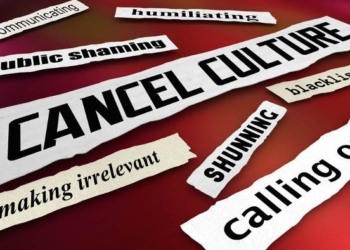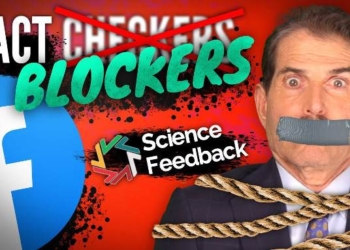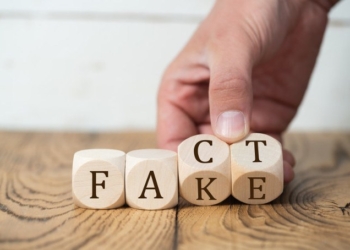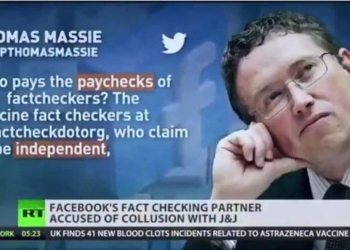
Accident ordeals can be very frustrating, and much worse in the case of a personal injury. The pain and suffering, coupled with the technicalities of the claim process, can take a toll on you. You find yourself looking for avenues to vent and relay your frustrations. Most times, that avenue is social media.
It is understandable to want people around your circle to know how terrible the accident was, how reckless the driver was, or how slow the claim process is. While this doesn’t sound bad, personal injury experts advise against social use during a claim process. Wondering why? Let us look at the effect social media can have on your personal injury claim.
Before we delve deeper, it is important to know some of the content or information that you should not post on social media after an accident or during a claim process. They include;
- Photos of the accident
- Photos of the injury showing where and how you were injured
- Other photos showing your life after the accident- Might be used against you.
- Information about your case- including claim status, discussions with your lawyer
- Medical information updates- i.e., the type of treatment you are receiving
- Disagreements about the case.
Let us look at why you should be careful how you use social media in your quest for justice in a personal injury claim.
Social Media Can Affect Your Claim Negatively
Social media can contradict your own testimony
When you file for a lawsuit or claim compensation, you must always remember no insurance company is happy making the settlements. Remember, the accused is also working to find all possible data that can help them not pay hefty fines. That is why experts like a Nashville car wreck lawyer recommend that victims be watchful of what they post on social media. “Social media can be used to poke holes against personal injury claims,” says the attorney.
“If your testimony says that you have not been able to move for months, the same should reflect on what people see on social media. This means no photos of you moving around with no sign of injuries. Any contradiction can water down your testimony”
Social media posts can deny you the pain and suffering compensation
A personal injury claim has different components. One of the compensation is the pain and suffering, defined as the emotional distress and mental anguish a person endures after being injured. Good examples of pain and suffering from personal injury include; depression, inability to play with your children, or loss of a supportive relationship etc. Assuming in the middle of the process, you decide to go on a vacation to engage in some hike activities with your family. Sharing such photos will send the message that you have no physical damages, you are not suffering from depression, and you even have the support of family. The jury can call into question your personal injury claim and may choose not to award you the compensation that you deserve.
Comments can result in more damage
Remember, when filing for a personal injury claim, you give accurate details of the accident. The testimony determines the compensation you will receive. Claim processes can be a long, tedious process. You might end up frustrated and decide to channel the energy on social media. Friends will begin to inquire about details of the accident, and you might find yourself responding to their comments on the same. While you are doing it with the right intention, sharing such information can hurt your case. You might make additional statements or comments that are not in tandem with the details in your claim application.
The not so “friendly’” friend requests
Most parties in a claim will put up an excellent defense to ensure they do not pay the claims fully or not pay it at all. Part of securing the bag is hiring private investigators to find or dig dirt on you. Well, no smart investigator will send or approach you casually; they will use intriguing names and send messages that might get you interested in accepting or sharing information about your claim. Some might even claim to offer help with your case. So, a rule of thumb:
- Ensure you do not accept any new friends unless you know them personally
- Do not interact with people you do not know or trust in social media.
- Don’t give information to anyone who claims to offer help.
- All information should be accessed only through your lawyer.
Different checkpoints are not good
Social media platforms like Facebook have check-in functions that indicate location and activities one is participating in. Most personal injury accidents result in fractures that impede mobility. The defense will expect that you are incapacitated and not able to move and lead a normal life. Check-ins on Yoga, brunch groups, hiking centers might raise concern on the severity of the accident presented in your testimony.
Social media disputes can lengthen your case
Did you know that social media disputes can lengthen and complicate your case? It is true that there is no privilege for social media discovery. However, relevant social media evidence can be accepted. You might be requested to produce social media records to the defense, something your attorney might try to fight. The back and forth tussle between the lawyers on such evidence might result in more time lost, or complicate the case further.
Final Remarks: Talk to a Skilled Personal Injury Lawyer
It is important to note that personal injury claims are complex. The first step towards seeking justice is to work with a lawyer. Talk to a top personal injury attorney who should be able to guide you on social media use during a claim process. Try to stay away from too much activity on social media during the claim process. Also, talk to your friends and family, and ask them not to post or comment on matters related to your accident. It is good to ask your attorney, the dos, and the don'ts of social media during your case.
















